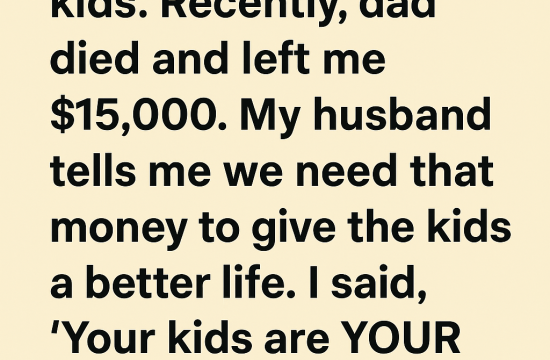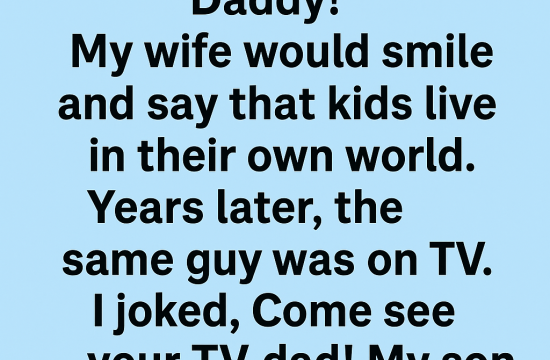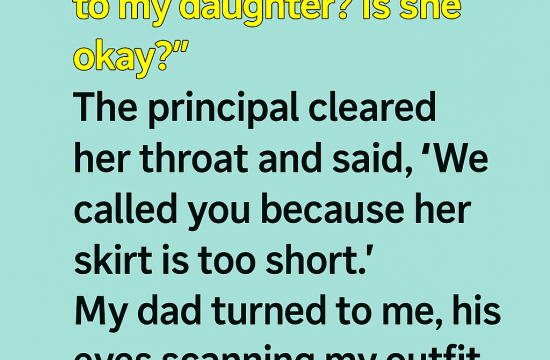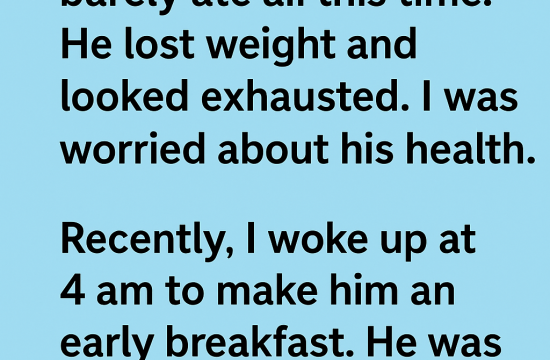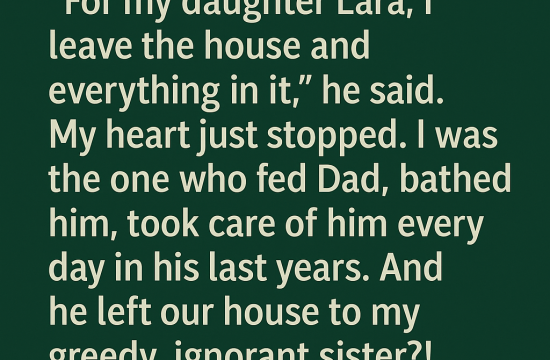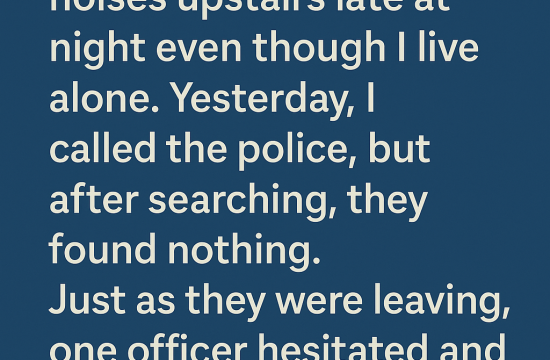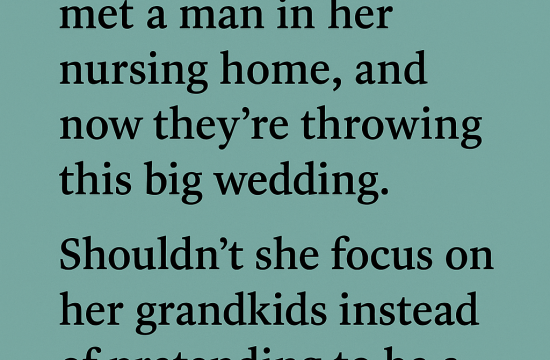The Writer Who Turned Doubt Into Fire
Writing, for me, was not just a pastime but the very breath of my soul. It wasn’t for everyone — but it was for me.
“You’ve got a gift in you, Hayley,” my mother used to say when she caught me hunched over a notebook.
“Promise me you won’t lose it.”
And I promised.
Still, reality demanded bills be paid, so I became an English teacher by day and a writer by night.
That’s how I met Alex. During career week, he came into my classroom to talk about being a businessman. The students hung onto his every word, and when the bell rang, he waited for me outside.
“Please tell me we’ll have more to talk about than Shakespeare,” he teased.
Over dinner, he confessed that his career left no room for creativity. At a carnival afterward, when I told him I was a writer, he smiled.
“I love that you dare to be different in a world that wants to keep us in boxes.”
Four years later, I married him.
His family welcomed me warmly — except for Clara, his sister. She never hid her disdain, especially once she found out I was a writer. To her, I wasn’t an author but a “wannabe” with a “cute little hobby.”
“It’s sweet you waste so much time on that,” she mocked at a family picnic.
Even when my short stories were published, she dismissed them as meaningless. Her voice was sharp, her laughter cruel. I learned to ignore her — mostly.
But at one of our dinner parties, Clara crossed a line.
The evening had been warm and lively, laughter bubbling through glasses of wine. Then, in a conversation about dream careers, Clara smirked across the table.
“Oh, our dear little author thinks she’ll change the world with her stories.”
“She will,” Alex said firmly.
Clara leaned back, enjoying the attention. “Her work isn’t half as good as she thinks. Better quit while you can.”
The room chuckled. I bit my lip and passed the potatoes. “Everyone’s a critic these days,” I muttered.
But later, Clara slipped into my study, found the draft of my novel — the piece closest to my heart — and with venom in her voice, she read passages aloud at the table. Every laugh that followed was a knife.
By the time I retrieved the discarded draft from the trash, something inside me had snapped. Clara smirked.
“You were serious about that? After tonight’s laughter, I assumed you’d start fresh!”
Her cruelty became my fuel. That very night, I began a new novel. Its villain mirrored Clara — arrogant, petty, destructive — while the heroine rose from humiliation to triumph.
Months later, my manuscript was finished. Two agents fought for it, and soon it was out in the world. To my astonishment, it caught fire — praised for its sharp wit and painfully real portrayal of cruelty and resilience.
I invited Clara to dinner. Sliding a fresh copy across the table, I said:
“I thought you might like to be the first to read it.”
She smirked. “Touched, really. I’ll see if it’s finally worth my time.”
She never opened it. She never saw the dedication:
For Clara, thanks for the inspiration.
But the world did. Readers, family, colleagues — even her boss — recognized her in the villain. And soon, her smugness curdled into shame.
When her employer let her go, Clara stormed into my house.
“You’ve ruined me!” she cried.
“I only wrote what I knew,” I replied quietly. “You said no one would ever read my words. But now? They can’t stop.”
She slumped into the couch, whispering, “What am I going to do for work now?”
Despite my vindication, guilt tugged at me. I brewed her tea and offered, “The school’s looking for a teacher’s assistant. It’s not glamorous, but it’s something.”
She refused. Clara’s pride wouldn’t let her take it.
And me? I learned that my words — my “little hobby” — carried more weight than Clara ever imagined. She tried to silence me with ridicule, but instead, she gave me my voice.
What would you have done?




